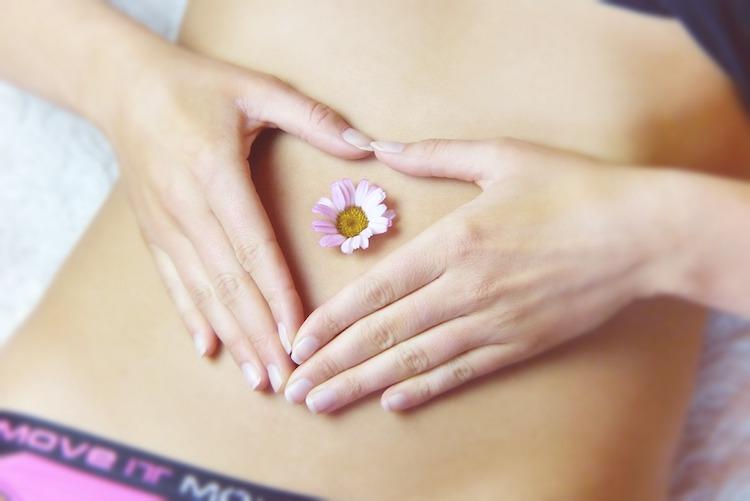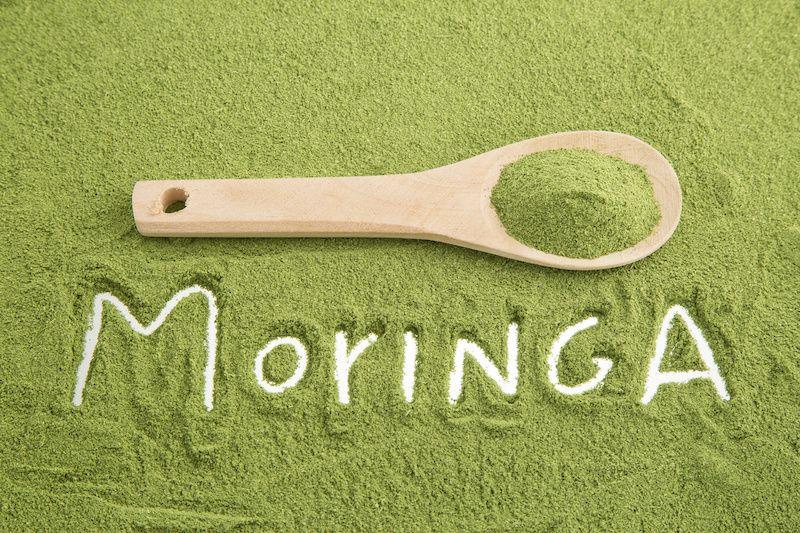Who populates the microbiota?
An army of beneficial invaders! The intestinal microbiota is the set of microorganisms present in the digestive tract, from the mouth to the anus and particularly in the colon. This large microbial community (around 100,000 billion bacteria) is present in the intestine from birth. It evolves and stabilizes around the age of 2 or 3. These microbes interact with the rest of the body. We now know the 600,000 genes that make up the intestinal microbiota of each individual.
What is the purpose of the microbiota?
To provide energy and strengthen the immune system! By participating in digestion, gut bacteria produce vitamins and other small molecules, real sources of energy that are very useful for our cells - those of the intestinal wall, or muscles like the heart. It is estimated that 80% of the molecules circulating in the blood come from intestinal microbial activity. Molecules active in the brain can even be produced by intestinal bacteria. Healthy gut microbes also serve as barriers and protect us from aggressive pathogenic external bacteria.
Why pamper your microbiota?
Because we now know that an alteration or deviation of the microbiota is associated with the majority of contemporary chronic diseases. In certain cancers , but also in:- Inflammatory bowel diseases, such as Crohn's disease or ulcerative colitis
- Metabolic diseases such as overweight, obesity, or diabetes
- Liver diseases such as non-alcoholic steatosis, which can degenerate into hepatitis and then cirrhosis.
- Certain inflammatory joint diseases.
- Certain neurological diseases: neurodegenerative such as Parkinson's disease, but also neuropsychiatric (autism, schizophrenia, bipolar syndromes or resistant depression, etc.).
How to pamper your microbiota?
A good diet promotes a positive interaction between the microbiota and our body.
Beneficial bacteria are found in a diet rich in fiber. According to nutritionists, we consume an average of 17 grams of fiber per day. However, we should be eating at least 30g of fiber, almost doubling our current intake to take care of our microbiota. More than quantity, we should especially improve the diversity of fiber sources. Our gut bacteria love variety. Rather than the recommended 5 portions of fruits and vegetables per day, we should be eating 25 different fruits and vegetables per week.
To the benefits of fiber we can add small molecules of polyphenols found in fruits and vegetables (red fruits, citrus fruits, artichokes, lentils, etc.) , particularly in their skin. These molecules provide antioxidants and anti-inflammatories, and are therefore real protectors given by nature.
Conversely, fat and animal proteins are less favorable because they promote inflammation which will harm the microbiota.
To strengthen the natural defenses of intestinal bacteria, we can reinforce them with fermented foods such as sauerkraut or dairy products which, in addition to calcium, minerals and vitamins, provide live bacteria.
Furthermore, researchers are increasingly interested in the interactions between the gut and the brain. Constant stress produces cortisol, which increases intestinal permeability. Managing stress well, taking a step back, and meditating will therefore indirectly have a beneficial effect on our microbiota. And this is a scientist who says so!
Source: France Inter








Leave a comment
All comments are moderated before being published.
This site is protected by hCaptcha and the hCaptcha Privacy Policy and Terms of Service apply.